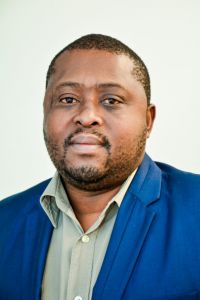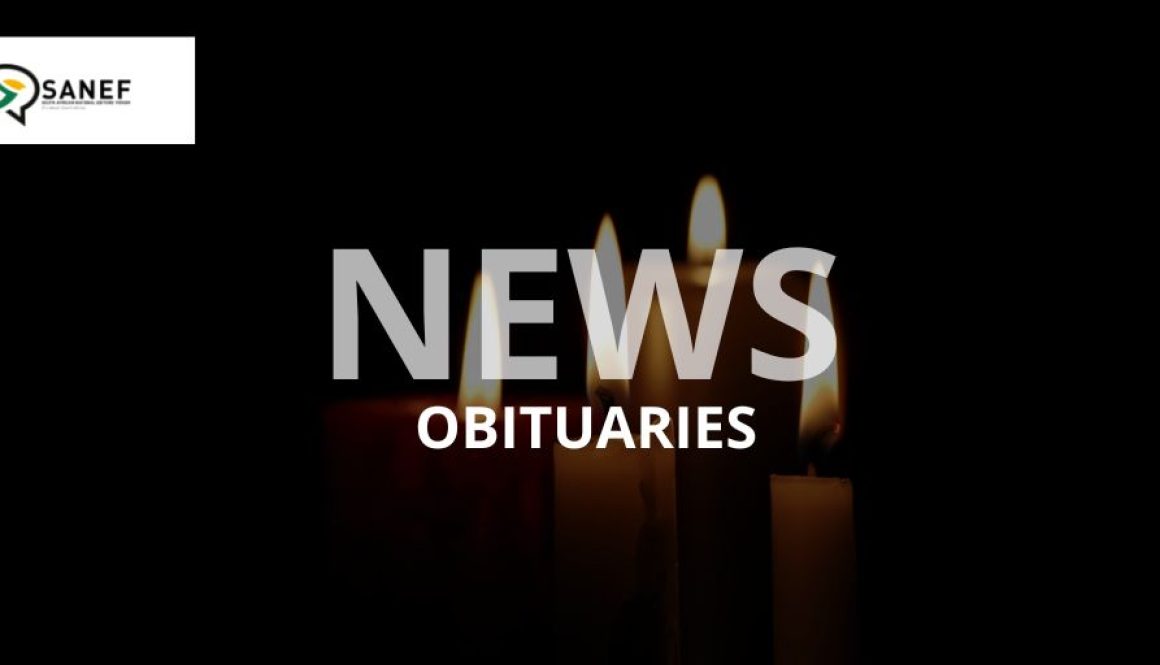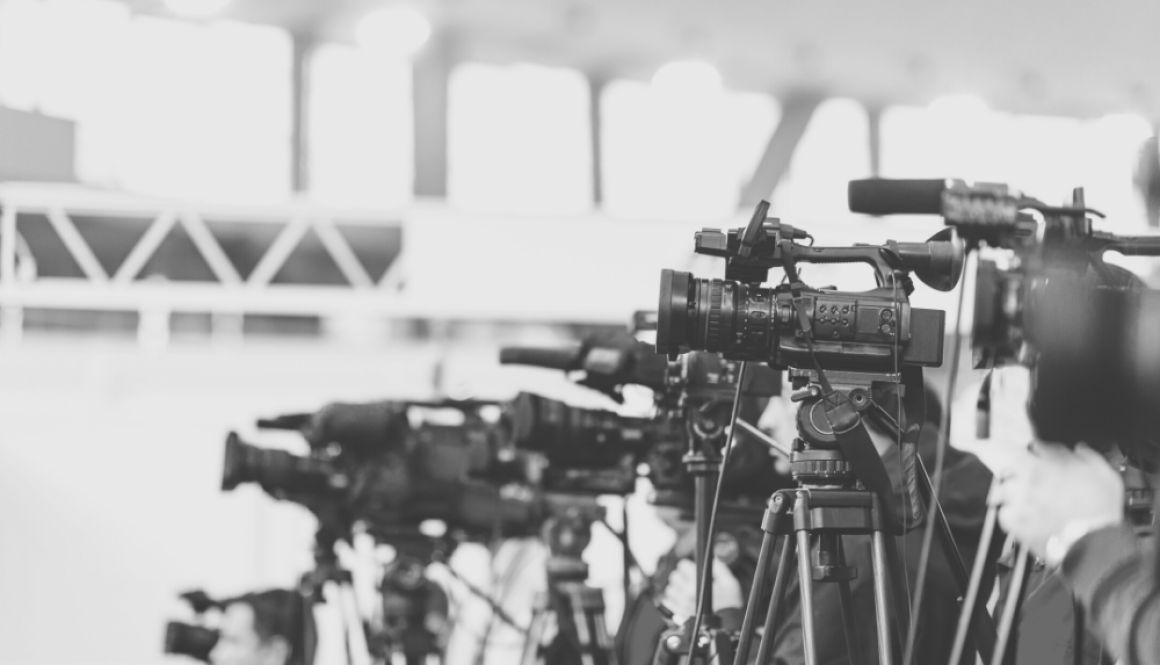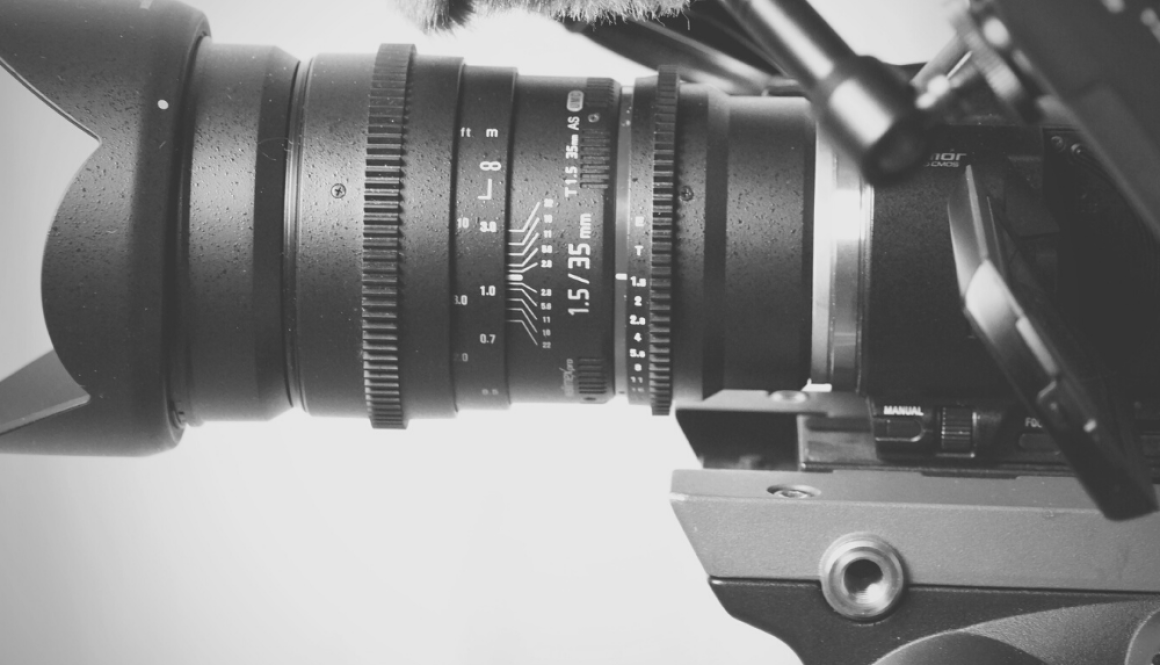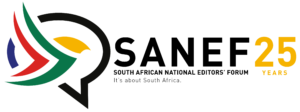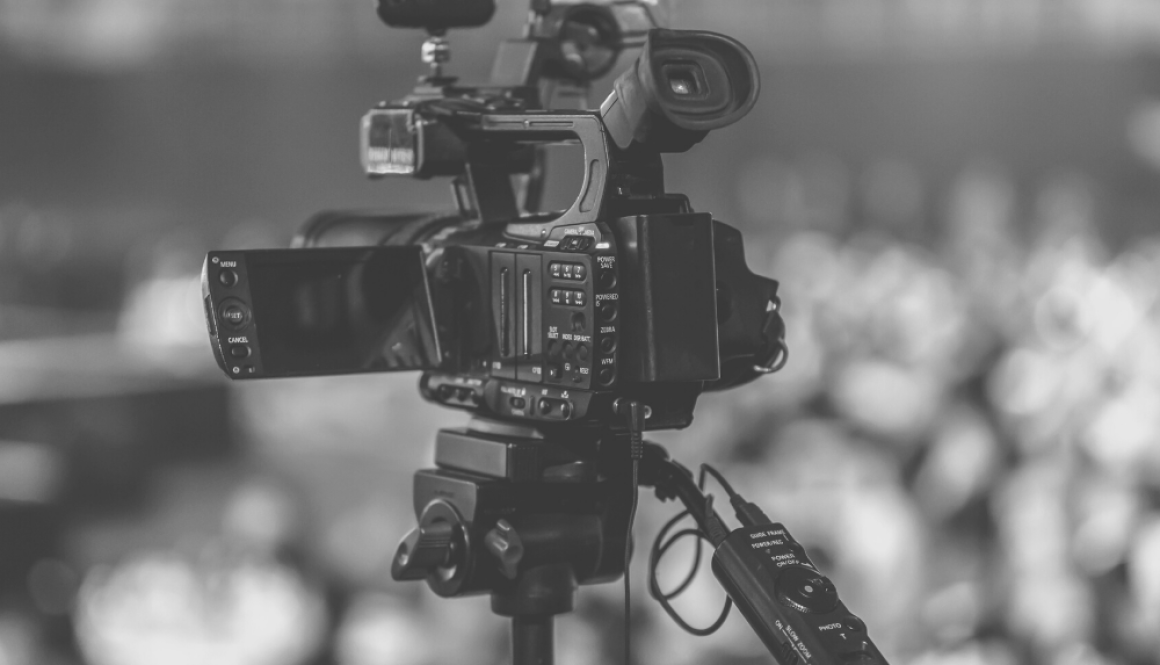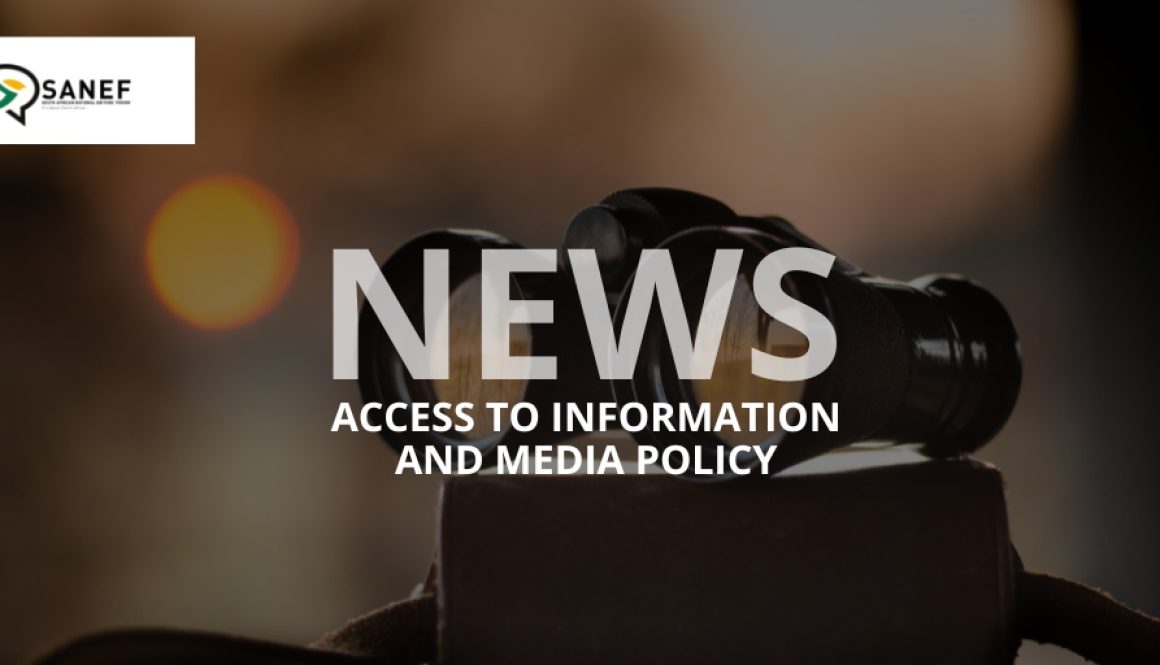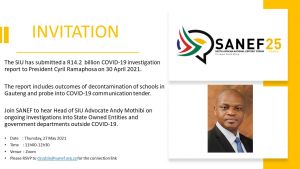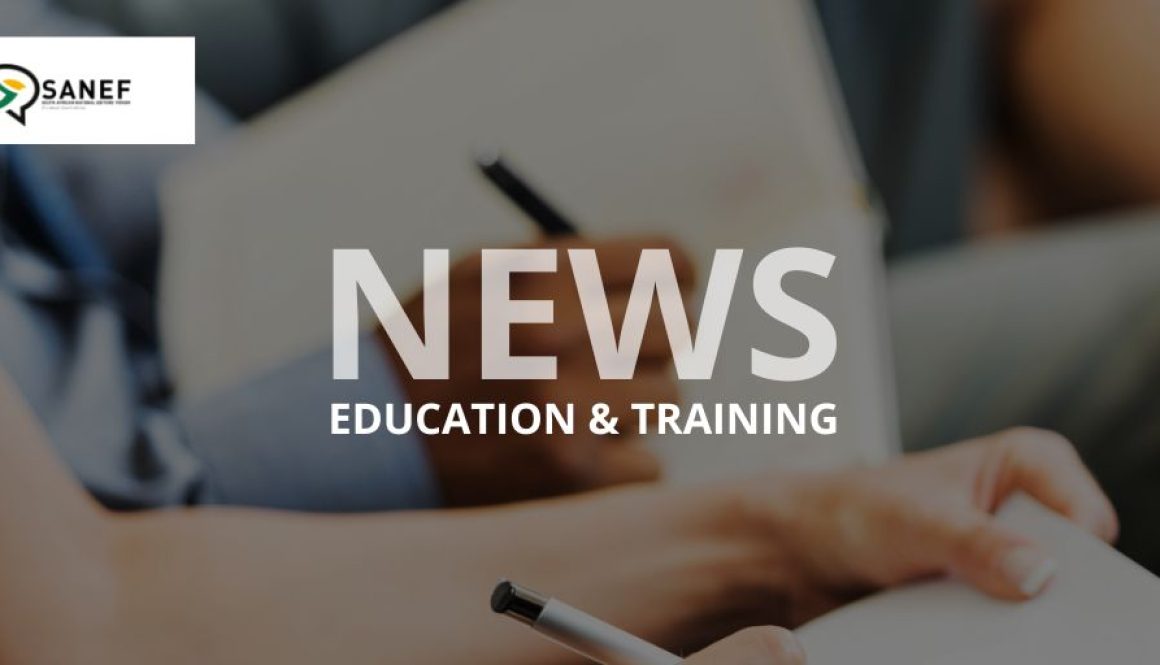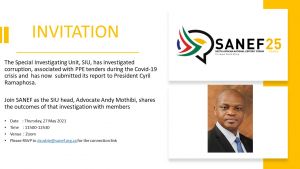By Georgina Crouth
Ethical lapses, media sustainability, bullying, mental health support, training and rebuilding trust between journalists and the public were key talking points at the South African National Editors’ Forum (SANEF) conference on media ethics on 15 May.
SANEF conference on media ethics was held in response to the Satchwell Inquiry, a report of the investigation into media credibility and ethics written by retired judge Kathleen Satchwell and panel members Rich Mkhondo and Nikiwe Bikitsha, both journalists.
SANEF has held four webinars in recent months to look into the issues raised by the 300-page report.
The Satchwell Inquiry was commissioned by Sanef in June 2019 in response to a series of high-profile stories published and then retracted by the Sunday Times between 2011 and 2016. It was released in January 2021.
The report noted trends in the sector that had contributed towards the erosion of public trust, the decline of editorial independence – including the encroachment of media owners – and shrinking newsrooms linked to large-scale retrenchments.
Forum chairperson Sbu Ngalwa said Sanef hoped to use the report not only to guide its interactions with the government, corporate funders and civil society but also to steer its thinking around the support of journalism as a public good and a key pillar of democracy.
Sbu Ngalwa, Newzroom Afrika’s politics editor, explained: “In January, when the Satchwell Inquiry report was released, Sanef issued a statement saying while the media had been lauded for investigative work that had helped our democracy, we believe the media must continue to [be introspective] to strengthen the relationship of trust with the public.
“We said we would rigorously debate the report’s 69 recommendations to assess how they could be implemented in the advancement of ethical journalism.”
Since the start of the pandemic, the sector has lost not only colleagues but also more than 1,000 jobs. However, Ngalwa said, there were some green shoots: audiences returned to traditional media as they looked for trusted news sources; and digital audience figures improved dramatically, with some news sites seeing a rise of 72% in traffic in March 2020 alone.
While the media continued to be under attack from detractors and targeted by disinformation campaigns, the biggest threats to the industry were not just bullying by politicians, criminals or a hostile police force, it was the sustainability of the media, he said.
Keynote speaker and prominent jurist Judge Bernard Ngoepe called on the media to work towards “a perfect society”.
“When journalists say ‘I can do it because the law and the Press Code allow it’, that’s the wrong attitude. It shifts away from a fundamental objective for journalism – to try to build a perfect society.
“It may be impossible to attain but we have to accept that it’s a perpetual pursuit. There are positive dynamics that are achieved in the pursuit of a perfect society where there is freedom, democracy, elections and equality.”
Ngoepe warned that journalists should not report in ways that would compromise investigations or divulge information for a scoop that could prejudice investigations.
“Say to yourself – would this be a good thing and make a positive contribution towards society?” Having a fixed, determinable moral compass should guide journalists to the right decisions. “Your ethics – not just the law and code – must drive you to achieve your objectives,” Ngoepe said.
Songezo Zibi, a former editor of Business Day who left the media in 2015 over ethical concerns, was candid about his experiences.
Describing democracy as a system of self-rule that relied heavily on those who had “sacred duties” that were essential for its preservation, Zibi said journalism was an indispensable pillar of democracy because it provided a channel for elected representatives and other public officials to communicate truthfully so that the people always knew what was being done in their name.
It also provided a platform for ordinary people to share views and expose what their needs were, he said.
Journalism, though, played another role: to “deliberately and doggedly shine a light on the dark corners where the truth that is in the public interest may lay hidden”. But since journalists were unelected, their credibility was drawn from assumed integrity – that they would always present an accurate, complete version of events and the facts.
“This is an extremely powerful position for unelected tradesmen and women to occupy in a society,” Zibi said. “They can influence political events and the course of history whether what they write is accurate or not. As a result of this power, it is important for journalists and editors to remain humble and committed to truth out of respect for the public and its welfare.”
There were many instances where journalists had been careless, arrogant and untruthful. And, when their mistakes were pointed out, they doubled down. This, he cautioned, was not a good thing.
A number of factors were to blame, Zibi said, starting with unconscious arrogance, which alienated the public from journalists because they fought for the freedom of the press and not for the right of the public to know what was being done in their name.
“This humble formulation is important because it places democracy, our system of self-government, at the centre of the problem and the purpose of journalism, not journalists, for seemingly narrow and self-interested reasons. Journalists do not do the work they do for their own edification but in service of the people and open democracy.”
Tolerating rogue journalists (and media owners) who failed to apply the appropriate standards of conduct and commitment to truth was another blight on the sector.
These were journalists and editors who were comfortable with providing insufficient, or even inaccurate context, making material omissions or deliberately failing to give respondents sufficient time to respond.
“It still happens that media relations professionals get emailed questions on a Saturday to respond to within a few hours … I cannot think of any reason why this would happen except ensuring that the subject of the story has insufficient time to respond meaningfully.”
Journalists also had inherent biases, which resulted in a failure to scrutinise everyone equally – from Treasury to private corporations.
Other little “missteps and habits” may seem benign, Zibi said, but they were insidiously harmful, such as the terms of endearment journalists had for politicians, referring to the secretary-general of the ANC as “SG” or Julius Malema as “CiC” or “commander-in-chief”.
The problems, though, are not entirely journalists’ making: in South Africa, media owners use their platforms to drive their own agendas and peddle lies, while politicians bully journalists for anti-democratic purposes.
Journalists compete with billions of voices on the internet, but many seem to believe they have some special right to exist. But they don’t, said Alan Rusbridger, a former editor of The Guardian. “The only way to justify our right to exist is to be better than the internet – and that means quality.”
The public is smart – if they can see journalists are doing stories that matter to them, if they can see the courage it takes and that journalists are working towards the highest ethical standards, they will support them.
“A lot of journalists don’t want to enter into conversations; they despise that whole aspect of social media,” Rusbridger said. But social media had brought about a revolution in the way journalists communicated and the way audiences respond.
“They’re not respectful and they’re rude and challenging. The first reaction of journalists is to switch off. ‘Our readers are horrible, we don’t want to engage with them, social media is a cesspit.’ We need to engage.”
Being a journalist was no easy job – the pay was poor, resources were scarce and the work was dangerous, acknowledged Zibi. But it was also a calling and a sacred duty.
“Let us continue to respect it and treat it with the reverence it deserves, for to do so is to honour the blood and tears of those who fought for this system of self-government we ought to protect with all we have.”
#This Article was published in the Daily Maverick
